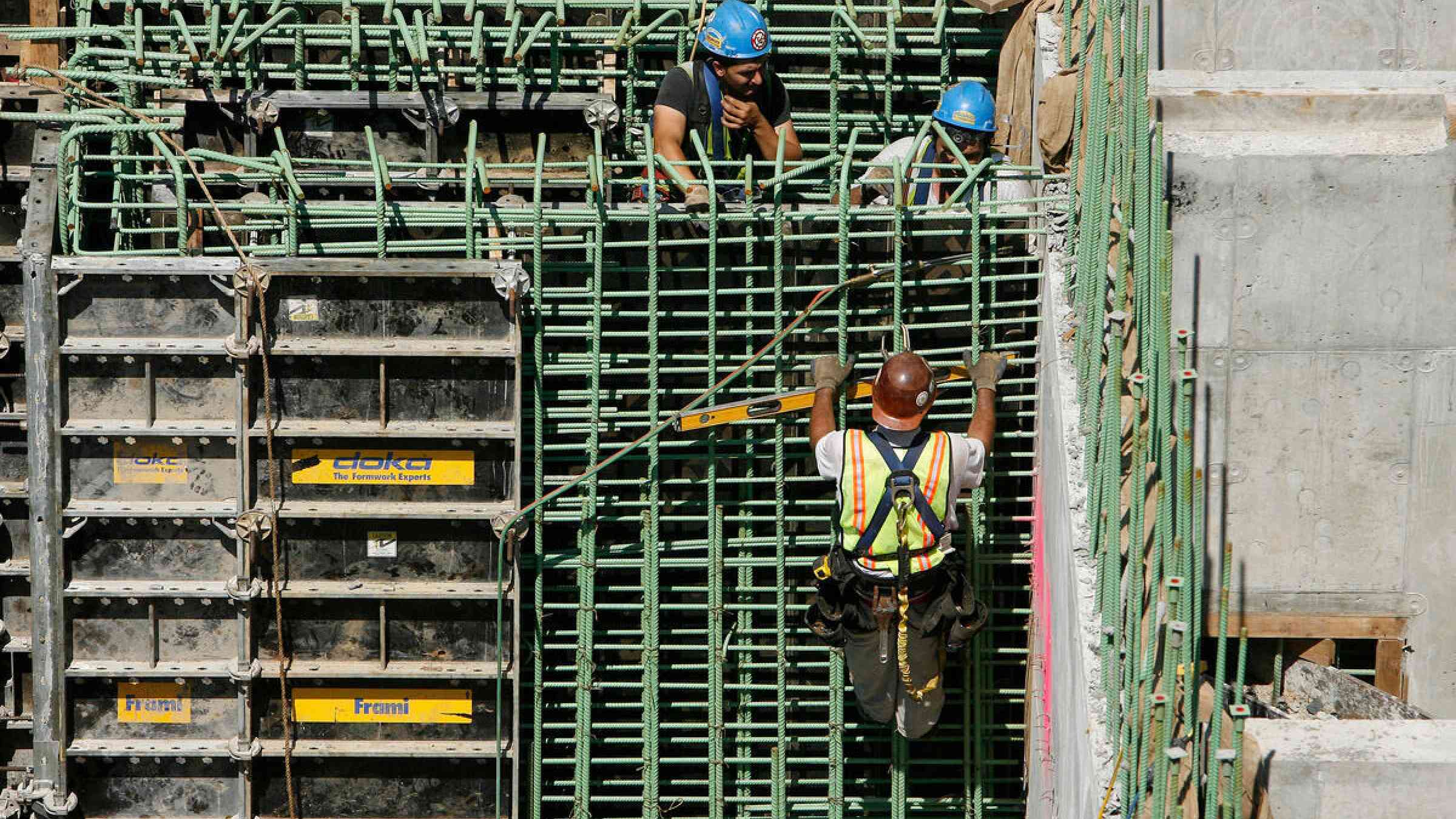Building a Better Future: Investing in Resilient Infrastructure for All
Sustainable and resilient infrastructure provides communities and the environment with their first line of defense against shocks and is critical for the support it provides in recovery efforts. Robust and resilient infrastructure are key drivers of local and national economic growth.
However, evidence shows that existing infrastructure systems and the services they provide are increasingly being affected by natural and man-made hazards, and from the impacts of climate change. The current approach to managing and financing disaster risk reduction is lagging behind the rapid rate of creation and increasing complexity of disaster risk.
The session will look into several important issues that require concerted efforts:
- Establishing overarching benchmarks for resilient infrastructure
- Increase and improve data collection on SF Target D
- Include infrastructure resilience in national DRR strategies
- Promote a ‘Think Resilience’ approach to all infrastructure investments,
- Urge international financial institutions and development banks, as well as national financial institutions, to align their strategies, operations and activities with the 2030 initiatives.
- Consider specific country requirements (e.g. SIDS and LDCs) and specific needs of the most vulnerable.
Session objectives
- Improve the understanding of what “infrastructure resilience” means and how to accelerate its implementation.
- Showcase ways for inclusion of infrastructure resilience into national DRR and Climate Change Adaptation strategies;
- Discuss means to improve data collection in relation to Sendai Framework (SF) Target D objectives in a manner that ensures no one is left behind (e.g. improve segregated data collection);
- Showcase how applying a ‘Think Resilience ‘approach in infrastructure investment and decision-making can ensure infrastructure is sustainable and resilient.
Moderator
- Kamal Kishore - Member, NDMA, National Disaster Management Authority, Ministry of Home Affairs, India
Speakers
- Dena Assaf - UN Resident Coordinator for United Arab Emirates, United Nations Resident Coordinator Office
- Rob Wesseling - President & CEO, Co-Operators
- Hossam Elgamal - Co-Chair, ARISE Egypt
- Hon. Esther Anyakun Davinia-Minister of State for Relief, Disaster Preparedness and Refugees, Uganda
- Ms. Beata Janowczyk-Head of the Risk Assessment and Emergency Planning Unit in the Government Centre for Security in Poland
Experience this event
Watch the session
Documents
Learn more
Join this session to learn more about decision-making and investments related to resilient infrastructure.
Where do we stand?
Key challenges in integrating resilience in infrastructure planning and management include:
- Lack of agreed upon terminology and resilience metrics
- Insufficient investment in prevention and resilience
- Regulatory frameworks do not take full account of risks and vulnerability and do not include resilience measures
At the same time, there are opportunities which could put us on the path to sustainability and resilience. These include:
- Establishing overarching benchmarks for resilient infrastructure
- Include infrastructure resilience in national DRR strategies and develop/update national and local regulations around infrastructure so that resilience measures are taken into consideration
- Promote a ‘Think Resilience’ approach to all infrastructure investments, creating an enabling policy and investment environment for the integration of resilience into infrastructure development
- Urge international financial institutions and development banks, as well as national financial institutions, to align their strategies, operations and activities with the 2030 initiatives.
Session guiding questions
- What do we understand by “resilient” infrastructure and what should some basic metrics of resilience look like?
- What are some good examples of national DRR strategies incorporating infrastructure resilience and in what ways?
- What tools and collaborations would best address the critical infrastructure damage and basic service disruption data gap in relation to SF Target D?
- What regulatory and policy changes would bring the most dividends to communities and would ensure the resilience of infrastructure?
- What kind of incentives could governments provide to private sectors to invest in resilience of infrastructure?
- What are some of the bottlenecks for increasing investment in resilient infrastructure?
- What measures and tools should we use to ensure that those investments are risk informed?

Agenda
Location
BNDCC 2-Ground Floor
Online access
Interpretation
AR, EN, FR, RU, ES, ZHDetails
Contact
Rania Hammad, [email protected] Nicholas Ramos, [email protected] Abhilash Panda, [email protected]